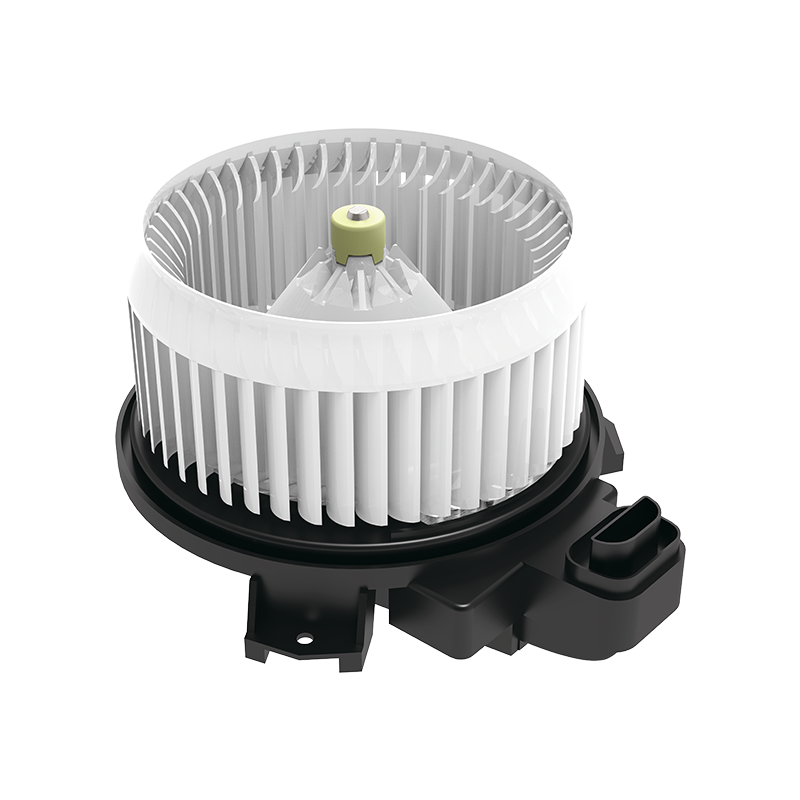2024-09-19
The HVAC system in vehicles plays a pivotal role in enhancing overall energy efficiency by regulating temperature and ensuring passenger comfort without excessive energy consumption. At the heart of this system is the heater blower motor, which facilitates the circulation of air through various components such as the heater core and evaporator. By effectively moving air, the blower motor helps maintain the desired cabin temperature, reducing the reliance on the engine for heating and cooling. This balance between mechanical and electrical functions is particularly crucial as the automotive industry shifts towards more energy-efficient and eco-friendly technologies.
In modern vehicles, advanced HVAC systems are designed to optimize performance while minimizing energy use. Features like variable-speed blower motors allow for precise airflow control, enabling the system to adapt based on the immediate temperature needs within the cabin. This means that instead of running at a constant high speed, which consumes more power, the motor can adjust its speed to match the required level of airflow, ultimately saving energy. Additionally, innovations in climate control technology, such as automatic temperature regulation and the use of heat pumps in electric vehicles, further enhance energy efficiency by utilizing waste heat or ambient temperature to warm or cool the interior without excessive energy draw.

The importance of energy efficiency in HVAC systems extends beyond immediate fuel savings. A well-functioning HVAC system can also contribute to the longevity of a vehicle's components and improve overall performance. For example, a blower motor that operates efficiently helps prevent strain on the engine, as it reduces the need for excessive power from the engine to maintain climate control. This is particularly relevant in hybrid and electric vehicles, where energy conservation is critical. The development of specialized components, like those produced by companies such as Jinan Xingchenhai Auto Parts with their KINFOR brand, underscores the commercial value of high-quality, efficient HVAC products. These systems are tailored to a variety of models, ensuring that manufacturers can provide energy-efficient options for consumers while enhancing vehicle reliability.
Historically, the evolution of automotive HVAC systems reflects broader trends in technology and consumer expectations. As vehicles have become more sophisticated, so too have their climate control systems. The push for greater energy efficiency aligns with a growing awareness of environmental impacts and the need for sustainable practices in automotive design. By optimizing the HVAC system, manufacturers not only meet regulatory standards but also cater to an increasingly eco-conscious market. Thus, the HVAC heater blower motor and its associated components are not merely functional parts of a vehicle; they represent a significant aspect of automotive innovation aimed at enhancing energy efficiency, improving user experience, and supporting environmental sustainability.